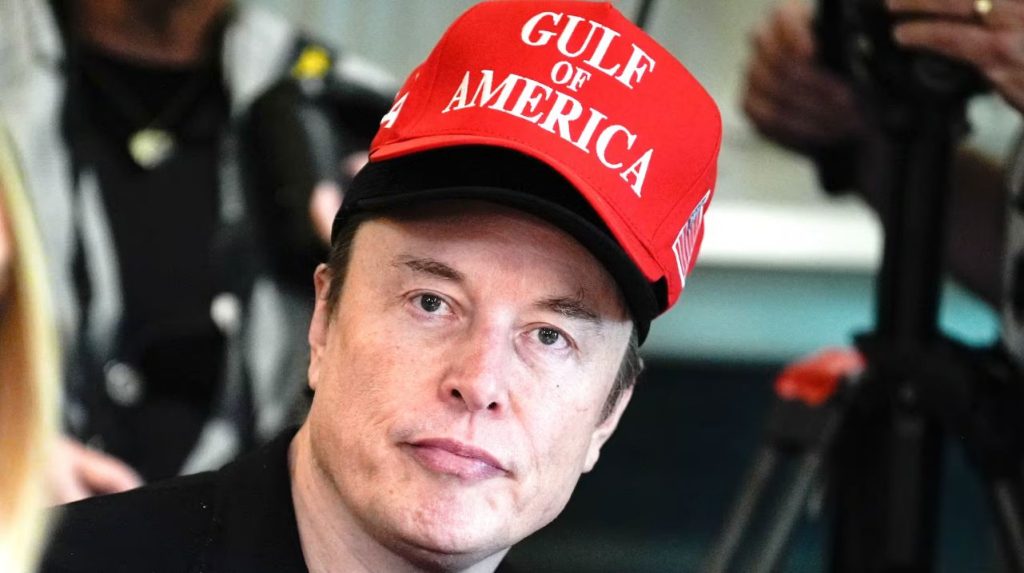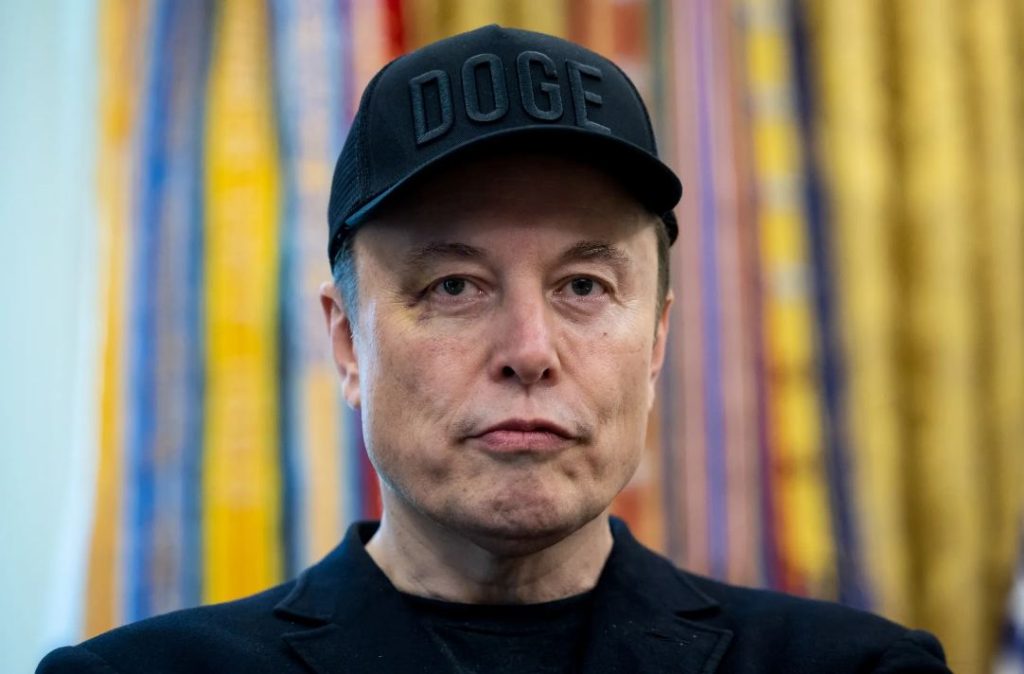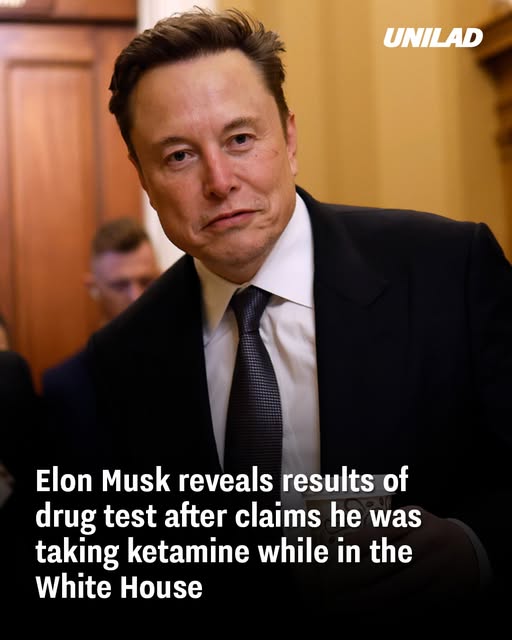Elon Musk shared a urine drug test from Fastest Labs on his X account after claims he was taking ketamine while in the White House. The results were negative for many substances including alcohol and barbiturates.
Response to High‑Profile Allegations
Musk’s post comes hot on the heels of a New York Times exposé and earlier reporting by The Wall Street Journal, which alleged he had used ketamine, LSD, ecstasy, mushrooms, and Adderall, sometimes daily—and even experienced bladder problems from excessive ketamine use. In response, Musk dismissed the coverage as “lying their ass off,” stating that his past ketamine use was prescription-based, occasional, and not recent.

Timing and Test Limitations
Experts note that urine tests typically detect substances used within 2–10 days, meaning any drug use prior to that window may not appear. The fact that the test was conducted 12 days after the New York Times article suggests it might not reflect earlier usage, prompting skeptics to call for more comprehensive screening—such as hair follicle testing—to assess longer-term patterns.
Musk Escalates the Media Feud
Beyond sharing his clean report, Musk publicly challenged the New York Times and Wall Street Journal—and other media—to submit to drug testing and disclose their results, calling them “hypocrites” and asserting they are “guilty as sin” for not doing so. This move continues his combative stance against media outlets he frequently accuses of bias or misinformation.
Ex‑NASA Verification: No Evidence of Drug Use
Notably, NASA mandated random drug screenings of Musk during his tenure as a federal contractor after his 2018 Joe Rogan podcast appearance where he smoked cannabis. These tests reportedly never detected drugs or alcohol. Additionally, NASA later stated it found no evidence of non-compliance from SpaceX regarding workplace drug policies.
Critics Urge Transparency and Comprehensive Testing
Critics argue Musk’s pre-warning of “random” drug tests—allegedly flagged in advance by SpaceX—undermines their reliability. For a more definitive assessment, independent parties and observers suggest hair follicle testing could offer a clearer picture of any sustained substance use.
Broader Implications
Corporate image & leadership: As CEO of major firms like Tesla, SpaceX, and xAI, claims of drug use raise questions about Musk’s judgment and influence both in private enterprise and public policy
Political fallout: The health and sobriety of Musk—who recently served as a Trump adviser and head of “DOGE”—carry significance given his ties to government contracts and campaign donations of nearly $275 million Media conflict intensifies: Musk’s challenge to media to submit their own tests intensifies an ongoing feud, blending health claims with accusations of journalistic hypocrisy.

Conclusion
Elon Musk’s public release of a clean drug test and his dismissive “lol” caption are part of a strategic effort to discredit recent allegations about his substance use. While the timing and limitations of a single urine test leave room for doubt, Musk’s challenge to media outlets and reference to past clean results under NASA scrutiny strengthen his defense. Still, critics insist that only more thorough, independent testing can definitively resolve the debate. Despite presenting clean results, critics remain skeptical, emphasizing the need for transparency and longer-term drug testing to validate Musk’s claims.

















